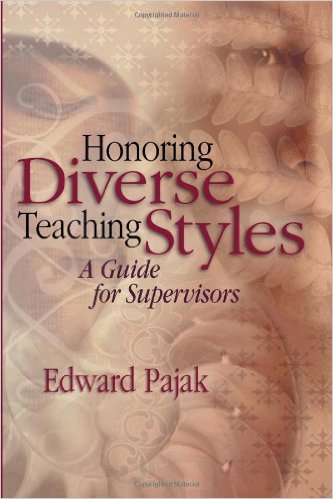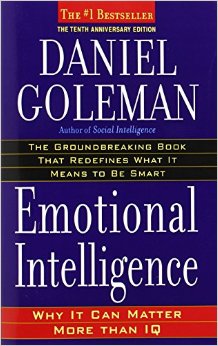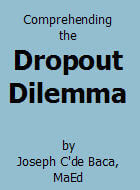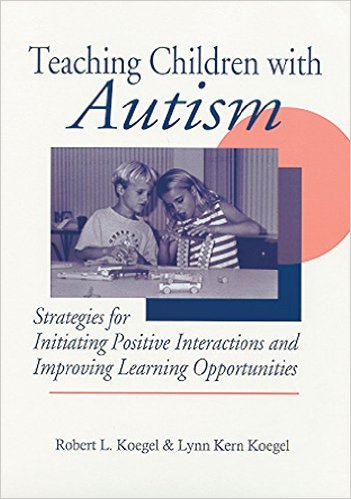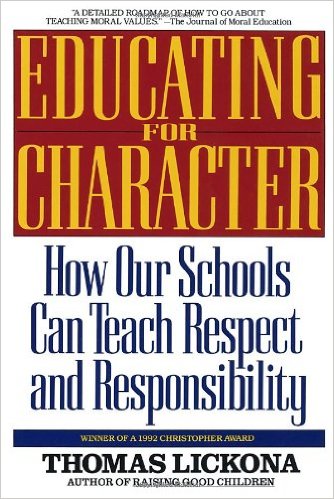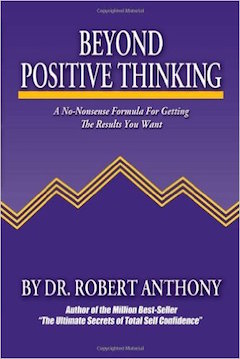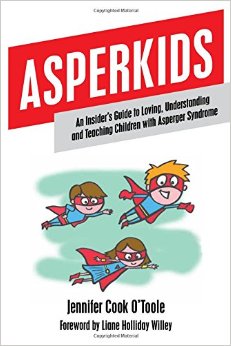- 3 Credits - 3 Semester Credits (post-baccalaureate PD credits for re-certification andpay-lane increases) accredited nationwide start any time up to 5 months to complete independent study all course materials included with course tuition view FAQ Course Description This course will examine the issues relating to grandparents raising grandchildren as this nationwide phenomena impacts our schools student population. The differences between the morals, values and upbringing styles between generations are examined. Addressing the complex internal family dynamics regarding why the parents are not raising their child are presented. The financial, physical and emotional stresses on ageing grand- parents are explained. Educators
- 3 Credits -

3 Semester Credits
(post-baccalaureate
PD credits for re-certification and
pay-lane increases)
- accredited nationwide
- start any time
- up to 5 months to complete
- independent study
- all course materials included with course tuition
- view FAQ
Course Description
This course will examine the issues relating to grandparents raising grandchildren as this nationwide phenomena impacts our schools student population. The differences between the morals, values and upbringing styles between generations are examined. Addressing the complex internal family dynamics regarding why the parents are not raising their child are presented. The financial, physical and emotional stresses on ageing grand- parents are explained. Educators will research this issue and develop writings, lessons or activities that help them work with students and grandparent/s in school systems.
Teacher feedback about this course



$425
3 Semester Graduate Credits
Item categoryaccredited-by-csuppage7 not found.Item ma-categoryaccredited-by-csuppage7 not found.Item categoryaccredited-by-csuppage72 not found.Item ma-categoryaccredited-by-csuppage72 not found.
Grandparents Raising Grandkids
- 3 Graduate Credits -



Course Objectives
- Educators will learn about the theories of how and what goes on in the minds of children with Aspergers syndrome and develop an understanding of how they think.
- Teachers will research the generational issues, beliefs and values of our technology and media culture as they impact the parenting relationships of the generational divide.
- Educators will examine the difficult issues regarding why the biological parent/s is not raising the child as well as the other family and social dynamics that arise.
- Teachers will review the physical and emotional issues that aging grandparents have and how it affects their ability to provide for, nurture and educate their grandchild.
- Teachers will develop writings, research this topic and develop lessons or activities that utilize the course content to improve the learning and school experience of everyone.
Credit Hours
3 Semester Credits (post-baccalaureate professional development credit)
Course Instructor
Joseph C’de Baca MaEd.
Grade Type
University Transcript: Click Here For Details
Grandparents Raising Grandkids
TLC Testimonials

